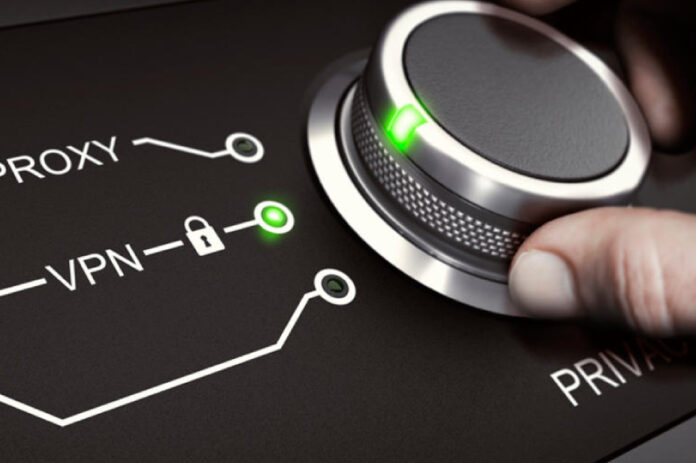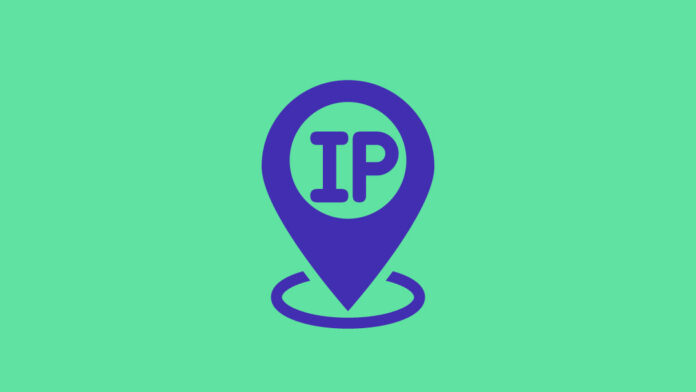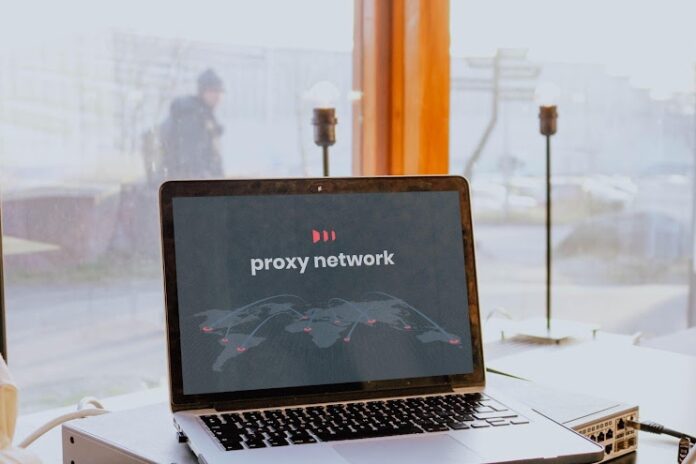The Internet of things (IoT) and routers have indeed made lives more manageable. They have replaced human contact with wireless connections to make everything fast and efficient. Even with all these benefits, IoT and routers as devices are sometimes criticized for not being secure enough to protect users’ data. But these devices are only the gateway to the internet. Before you can connect to another device, such as a server to view your favorite website, you often have to go through a proxy.
A proxy service comes into the picture because it has the potential to vastly improve the security of your online connection. Proxy services such as Smartproxy can help you remain protected against cyber attacks and protect your identity online by keeping you anonymous.

Cyber Attacks in the News
One of the most common types of cyberattacks is a distributed denial-of-service attack which is also known as a DDoS. Multiple compromised computer systems are involved in a DDoS attack. These compromised computers attack a target which causes denial of service for users of the targeted resource. These attacks allow the intruders to control the devices remotely.
An incident made many people realize how adverse these attacks can be and how considerable their threat is. In 2024, a hacker leaked passwords of 515,000 servers, IoT devices, and routers. In addition, this hacker managed to publish a list of Telnet credentials that included crucial user details like the username, password, and IP address.
Does the thought of your device becoming a ‘bot’ for hackers worry you? Well, that can happen. Hackers use malware bots that penetrate your devices which allows them to use your devices for coordinated DDoS attacks. Attacks can distribute bad bots in a botnet which can make it difficult to identify the source of the malicious activity as there are always a large number of internet-connected devices in a botnet with different IP addresses.
IoT and router botnets are majorly used to wage massive DDoS attacks. A few years ago, another discovery came to light when a botnet took control over 100,000 home and small-office routers. This happened after it exploited a critical vulnerability that had remained unaddressed for more than five years. Moreover, the infected and vulnerable devices were allowed to run. They were never patched or locked down through any other means which prolonged their vulnerability.

How Forward Proxies Protect Your Devices
A trend started to appear when both cyberattack scenarios were analyzed, highlighting that the people who used forward proxies did not get hacked as often as those who did not. Their devices remained safe since hackers were unable to penetrate them. This trend further showed how essential proxies are and how they can benefit you and save you from cyber-attacks and data breaches. So, how do forward proxies help with securing your devices?
A proxy is an intermediary between your devices and the rest of the internet. It can provide a layer of security that keeps threats from ever reaching your device. A forward proxy acts like a gate that allows the requests your device makes to pass through it using a firewall.
But when the response is received for the request from another device on the internet, it is received by the proxy which then chooses to allow or refuse it. This establishes a robust intermediary between your devices and other devices on the internet which can be used to deny responses from malicious sources.

Benefits of Using Proxies
Proxies help you change your IP address as well. Since the servers sending responses to your devices see the proxy instead of your device, your IP address remains masked or hidden. Although IP addresses are not sensitive pieces of information on their own, they can be used to build profiles of individuals which can become concerning.
Other than providing this level of protection, proxies also benefit you by allowing you to avoid Geo-restrictions that are routinely enforced by Governments around the world. These prevent you from accessing websites that have been banned from certain countries or regions.
Countries like China and North Korea are infamous geo-restriction enforcers which makes it difficult for people to access many websites because of their location. Proxies help them access state-restricted websites.
These are some of the primary benefits of using proxies. Still, the most important reason to use a proxy is to increase the protection of your devices from potential cyberattacks. This revolves around minimising the chances of exposing your IoT devices and routers to DDoS attacks and remaining anonymous while staying online.

How to Protect Your Devices From Cyber Attacks
As mentioned earlier, the people using forward proxies were safe from incidents of hacking and cyber-attacks. Let’s look at some of the ways you can protect your devices from DDoS and other attacks.
The first thing that you need to do is contact a proxy provider and get a proxy. This is the first and foremost step that you need to take to increase the safety of your devices and identity on the internet. There is a large selection of proxy networks on the internet that can help protect you against cyber attacks.
The next step is to change the default router admin logins. Most people forget to change the name and password of the router, which makes the device even more vulnerable to cyber-attacks and routers turning into botnets.
Moving on, you need to disconnect IoT devices when they are not being used. Unused devices can open a gateway for hackers to get access and install malware. This malware can further provide access to your Wi-Fi router which can expose your home or office network to hackers that can lead to breaches in security.
Furthermore, pick a strong password and do not overuse it. You need to stop using “123456789” or “qwerty” as your password. These common and easy to guess passwords make it easier for hackers to access your devices. Instead, use a unique password for every device. Some platforms like Google Passwords and Apple Keychain offer password management services which store all your passwords in one place.
Conclusion
It’s important to know just how vulnerable your IP address and personal information are, and how easy it is for hackers to get access to your personal information. A proxy service can protect you from such cyber crimes and other malicious activities. They provide a secure gateway between users and the internet, protecting their IP addresses, keeping them anonymous, and overall making it safe for them to use the internet without fearing hackers.









